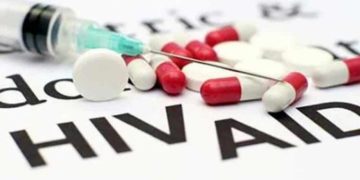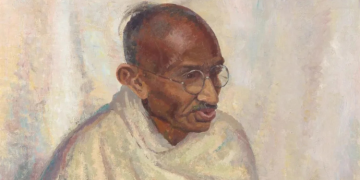President William Ruto‘s directive for universities to release new fee structures, which include annual household contributions towards the total cost of degree programs, has sparked significant controversy, especially among students placed in loan bands four and five.
According to the Ministry of Education, these bands are designated for students whose parents earn an income of between Ksh 70,000 – Ksh 120,000 (band four) and above Ksh 120,000 (band five).
The changes have led to an uproar among affected students, who argue that the new structure imposes an undue financial burden on their families.
Kenyans on social media have expressed concerns over the criteria used for placing students under various fee bands.

Mixed Reactions on the New Funding Model
While the model itself is deemed acceptable, the placement process has been criticized for incorrectly categorizing needy students into loan bands four and five, which is designated for families with higher incomes.
“Very needy students are being placed in Band 4 and 5. You don’t have scientific tools to place students based on social-economic needs,” blogger Abuga Makori posted.
“You’re placing them randomly. It is absurd that several needy students have been placed in band 4 and 5.”
Also Read: Govt Breaks Down Criteria for Student Loans Bands & Respective Fees for Households After Ruto Order
“Oppressive and terrible model, a student whose parent is a primary school teacher is placed at band 5??? Now like it’s a punishment to earn more if your kid excels whereas it should be a relief,” another X user Egline Samoei posted.
Criteria Used in Placing Students in Loan Bands Questioned
Some questioned if the bands took into account the total number of dependents, arguing that a parent earning Ksh 120,000 might still face financial strain due to household expenses.
They worry that the model could make university education increasingly unaffordable for many, potentially leaving it accessible only to the wealthy.
One user, @D_Atana, criticized the criteria for not considering household disposable income, suggesting that students could struggle with the significant loans imposed by the model.
“Who seriously comes up with such bad ideas? Have you factored in a household’s disposable income instead of gross earnings? People have dependents and bills to pay. Have you thought of how the students will deal with the huge loans you’re putting on them?” he posed.
Another user Nyabasa Danvas stated, “This model will cause students have huge debts. The old model was the best a student whichever course graduating with a loan of 120k not 480k-600k. If Ruto wants to destroy education like that of his children let him look for another Kenya.”
Collins Asega proposed using the average income for most Kenyan households, approximately Ksh20,000, to adjust the bands.
He suggested standardizing fees based on this average and providing loans and scholarships to accommodate students.
Others argued that the model unfairly benefits the wealthy and criticized it as discriminatory towards those with pay slips, predicting increased reliance on fundraisers.
Also Read: Govt Sets Deadline for Universities to Send New Fees Structures for First Years
Breakdowns of the Loan Bands
For students in Band 5, the government scholarship covers 30%, the loan 30%, totaling 60% support, leaving families to contribute 40%.
In Band 4, the government scholarship covers 40%, the loan 30%, totaling 70% support, with families contributing 30%.
Band 3 offers 50% from the government scholarship, 30% from the loan, totaling 80% support, with families contributing 20%, and an upkeep loan of Ksh 50,000.
Band 2 includes a 60% government scholarship, 30% loan, totaling 90% support, with families contributing 10% and an upkeep loan of Ksh 55,000.
In Band 1, the government scholarship covers 70%, the loan 25%, providing 95% support, with families contributing 5% and an upkeep loan of Ksh 60,000.
Education Cabinet Secretary (CS) Julius Ogamba on Friday, August 16, directed all universities to release updated fee structures for the first years by Monday, August 19.
Follow our WhatsApp Channel for real-time news updates!
https://whatsapp.com/channel/0029VaB3k54HltYFiQ1f2i2C




![Debate Rages Over Proposed Increase In Legal Drinking Age [Video] Nacada Raises Legal Drinking Age From 18 To 21]( https://thekenyatimescdn-ese7d3e7ghdnbfa9.z01.azurefd.net/prodimages/uploads/2025/07/beer-360x180.jpg)



































































![Debate Rages Over Proposed Increase In Legal Drinking Age [Video] Nacada Raises Legal Drinking Age From 18 To 21]( https://thekenyatimescdn-ese7d3e7ghdnbfa9.z01.azurefd.net/prodimages/uploads/2025/07/beer-120x86.jpg)